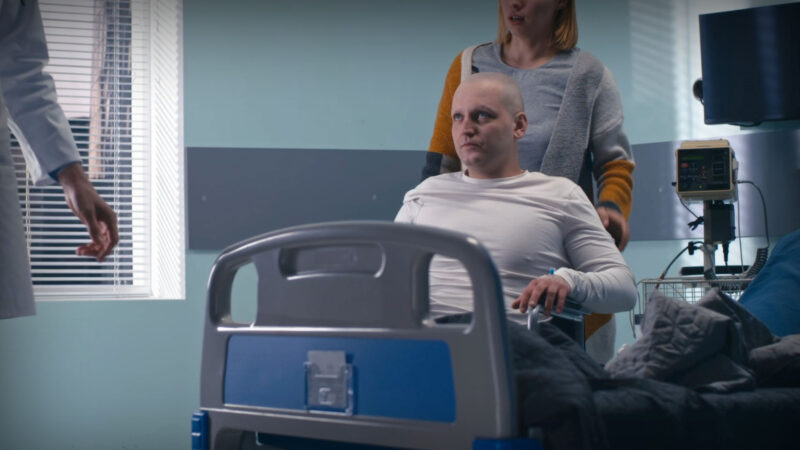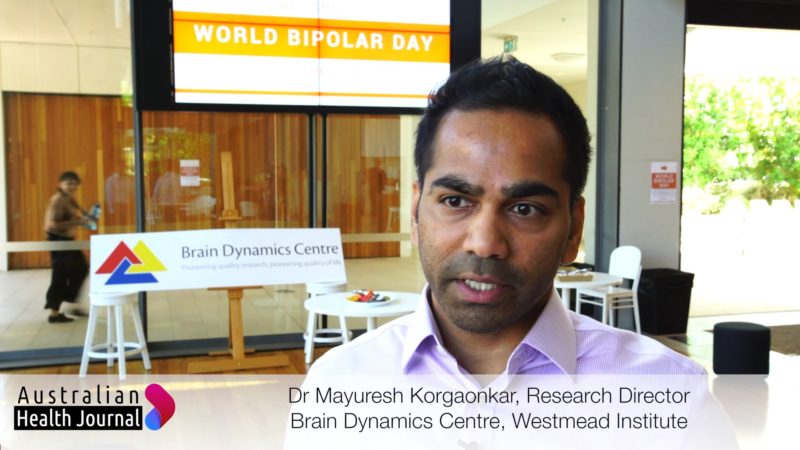New nurse-led protocols for stroke patients, based on ACU research, led by the Nursing Research Institute, have resulted in changes to policy, guidelines and clinical practice in Europe and Australia. The protocols were developed through the Quality in Acute Stroke Care (QASC) Trial (published in the Lancet, 2011) to manage fever, hyperglycaemia and swallowing (FeSS) post-stroke.
Professor Sandy Middleton FACN, FAAN is a Professor of Nursing and Director of the Nursing Research Institute at St Vincent’s Health Network Sydney, St Vincent’s Hospital Melbourne and Australian Catholic University. She focusses on stroke and the way research can improve care, particularly analysing the way nurses can initiate care to improve patient recovery.
Professor Middleton was the lead investigator on the landmark NHMRC-funded QASC cluster trial that demonstrated decreased death and dependency following implementation of nurse-initiated protocols to manage fever, hyperglycaemia and swallowing post-stroke, winning multiple national and international awards including ACU’s Vice-Chancellor’s Staff Excellence Award, Excellence in Research and Research Partnerships in 2019. These protocols have been translated into 64 hospitals in 17 European countries and in adopted in 36 NSW hospitals. She has published in high impact journals including The Lancet and The New England Journal of Medicine.
Australian Health Journal spoke with Professor Sandy Middleton on these significant achievements in nurse-led acute stroke care.
You Might also like
-
Sharing the same goals in value-based procurement
Value-based procurement (VBP) is a journey, not a sprint. It’s about putting the patient at the centre of quality affordable healthcare through changes in procurement practices for medical technologies. Patient outcomes drive value and sustainability, not just price. The bigger picture indicates that VBP will create system cost saving through benefitting patients, rather than trying to attain the reverse – a win-win outcome.
-
AHJ S1E2: Bipolar Disorder Research by Brain Dynamics Centre
The Brain Dynamics Centre, part of Westmead Institute for Medical Research held a community day for World Bipolar Day on 30th March 2018.
The event was MCed by Dr Mayuresh Korgaonkar, Research Director of Brain Dynamics Centre and Senior Research Fellow of the University of Sydney.
Mayuresh is managing research through the project “Brain Connectivity Imaging Markers to Confirm Diagnosis for Bipolar vs. Unipolar Depression – A Connectome Approach.”
The bipolar group at Westmead Institute of Medical Research is recruiting participants with bipolar disorder, major depression, and controls for participation in this research.
Post Views:
617 -
Digital Health Frail, Homebound and Bedridden Population Medical Technology Association of Australia New Content Nursing Seniors and Aged Care
Smart diaper wins Kerrin Rennie technology award
In October 2022, Smartz won the Kerrin Rennie Award for Excellence in Medical Technology – Improving Quality of Life. The award was established to recognise and profile the innovative and extraordinary contribution of medical technology in improving health outcomes of Australian patients.
Smartz monitors patient wellness including 2 significant issues affecting the elderly in residential aged care facilities; incontinence and pressure injuries.



